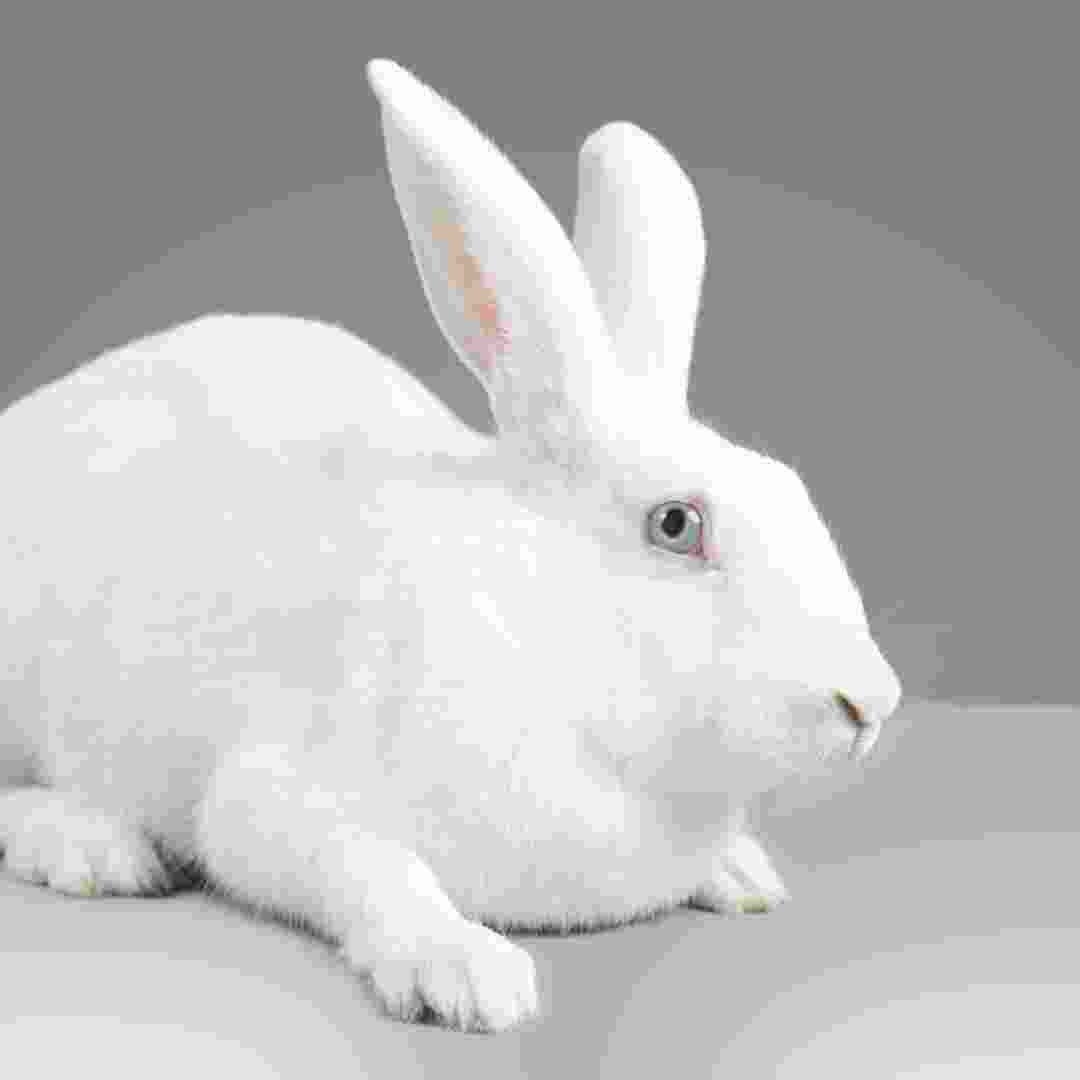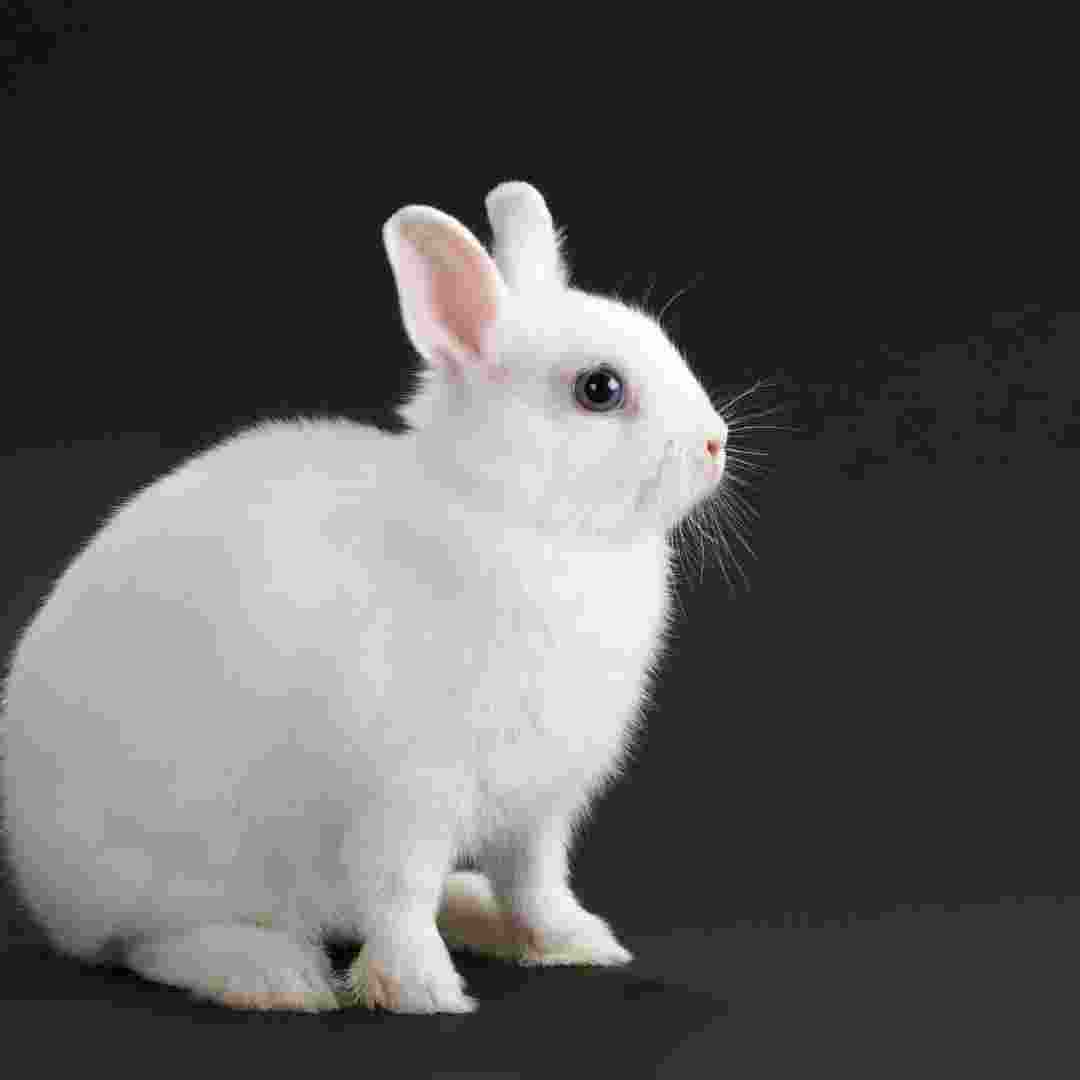Contents Table
Introduction
Reasons to Avoid Wet Rabbits
The Science Behind Rabbits Avoiding Water
What to Know About Wet Rabbit Health Risks
Keep Your Rabbit Dry: Safety Tips
Why You Should Never Wet Your Rabbit
Q&A
Conclusion
Introduction
Rabbits are cute and fluffy, but they can't get wet, making them vulnerable. Rabbits can become hypothermic and perish if they get wet due to their dense fur coat. Wet fur can also cause skin irritation and fungal infections, which are deadly for rabbits. Thus, rabbits must stay dry and away from water.
Reasons to Avoid Wet Rabbits
Rabbits are lovely pets, but they need specific care to stay healthy. Never getting a rabbit wet is crucial. Wet rabbits can die from hypothermia, skin infections, and other illnesses.
Wet rabbit fur can mat and clump, trapping moisture against their skin. Rabbits can get hypothermic if their body temperature goes below their control. Organ failure, shock, and death can result from hypothermia.
Wet rabbits risk hypothermia and skin diseases. Wet fur creates a damp environment for bacteria and fungi, causing skin discomfort and illness. These infections are hard to treat and can cause major health problems.
Finally, damp rabbits can drown. Rabbits struggle to swim and can drown in shallow water. Rabbits may drown if they fall into water.
Avoid getting a rabbit wet for these reasons. For rabbit bathing, use a damp towel or sponge to gently clean them down. This will remove dirt and debris without causing hypothermia, skin diseases, or drowning your rabbit.
You can keep your rabbit healthy and secure by following these simple instructions.
The Science Behind Rabbits Avoiding Water
Rabbits are special and need special care. Understanding the science behind rabbits not getting wet is crucial to rabbit care.
Rabbit fur is meant to keep them warm and dry. Bunnies have two layers of fur: long, coarse guard hairs protect them from the outdoors, and soft, downy undercoat hairs insulate them from the cold. When a rabbit gets wet, the guard hairs mat and clump, preventing the undercoat hairs from insulating it. This can cause deadly hypothermia.
Rabbits also have sensitive skin that water irritates. Wet rabbit skin can become dry and itchy, causing pain and illness. Wet fur also contains bacteria and fungi, which can irritate and infect skin.
Finally, damp fur can upset rabbits. Prey animals like rabbits fear water. A wet rabbit can feel worried and stressed, causing health issues.
Rabbits must be kept dry and warm. To avoid health issues, rabbits should be dried immediately after getting wet.
What to Know About Wet Rabbit Health Risks
Bunnies are beloved pets, but they need specific care to stay healthy. Keeping rabbits dry is crucial. Understanding and preventing wet rabbit health issues is crucial.
The main health concern of damp rabbits is skin irritation. Wet rabbit fur can irritate and inflame the skin. Itching, redness, and infection can result. Wet fur can make rabbits chilly, which can cause respiratory illnesses.
Fungal infections are another problem of moist rabbits. Wet fur promotes fungal growth, which can cause illnesses. These infections can cause skin irritation, hair loss, and systemic illnesses.
Finally, wet rabbits can get hypothermia. Wet rabbit fur can cause hypothermia. Prevention is crucial because hypothermia can be fatal.
There are ways to avoid wet rabbit health hazards. Most crucial is keeping your rabbit's fur dry. Maintaining a dry, warm environment and avoiding dampness can help. After bathing or swimming, dry your rabbit's fur.
Check your rabbit's fur for irritation or infection often. If your rabbit has redness, itching, or hair loss, take it to the vet.
You can keep your rabbit healthy by keeping their fur dry. Understanding and preventing wet rabbit health issues is crucial.
Keep Your Rabbit Dry: Safety Tips
Rabbits are great pets but need specific care to keep healthy and secure. Keeping rabbits dry is crucial. Wet fur can cause skin irritation, infection, and other issues. Keep your rabbit dry and safe with these recommendations.
1. Provide shelter and dryness. Give your rabbit a dry, sheltered place to play and rest. Hutches, cages, or designated areas in your home can be used. Maintain good ventilation and a draft-free environment.
2. Change bedding frequently. Change bedding regularly to keep your rabbit dry and comfortable. Pick an absorbent, washable bedding.
3. Avoid wet grass. Rabbit fur can become matted from wet grass. Make sure the grass is dry and puddle-free before taking your rabbit outside.
4. Keep rabbits out of water. Rabbits should not swim or play in water. If your rabbit gets wet, towel-dry them immediately.
5. Check humidity. Your rabbit's fur can become matted in high humidity. Keep your rabbit's living area below 50% humidity.
Follow these tips to keep your rabbit dry and safe. Maintain a dry, sheltered area, change bedding regularly, avoid wet grass, keep your rabbit away from water, and monitor humidity. With proper care, your rabbit will be happy and healthy.
Why You Should Never Wet Your Rabbit
Rabbits are naturally clean animals, and they groom themselves regularly. However, it is important to keep your rabbit dry in order to maintain their health and wellbeing. Wet rabbits can suffer from a variety of health issues, including skin irritation, fungal infections, and even hypothermia. Here are some of the benefits of keeping your rabbit dry and why you should avoid getting your rabbit wet.
First, wet rabbits can be prone to skin irritation. Wet rabbit fur can irritate and inflame the skin. This can lead to discomfort and even infection. Additionally, wet fur can also cause the rabbit’s skin to become dry and flaky, which can be uncomfortable and itchy.
Second, wet rabbits can be more susceptible to fungal infections. Fungal infections can be difficult to treat and can cause serious health issues for your rabbit. Wet fur can provide an ideal environment for fungal growth, so it is important to keep your rabbit dry to prevent this from happening.
Finally, wet rabbits can be at risk of hypothermia. Rabbits are not able to regulate their body temperature as well as other animals, so they can easily become too cold if they get wet. This can lead to serious health issues, including organ failure and even death.
In conclusion, it is important to keep your rabbit dry in order to maintain their health and wellbeing. Wet rabbits can be prone to skin irritation, fungal infections, and even hypothermia. Therefore, it is best to avoid getting your rabbit wet and to keep them dry at all times.

Q&A
1. Why can rabbits not get wet?
Rabbits cannot get wet because their fur does not insulate them when it is wet, which can lead to hypothermia. Additionally, wet fur can cause skin irritation and fungal infections.
2. What happens if a rabbit gets wet?
If a rabbit gets wet, it can lead to hypothermia, skin irritation, and fungal infections. It is important to dry the rabbit off as soon as possible and keep it warm.
3. How can I keep my rabbit dry?
You can keep your rabbit dry by providing a dry, warm environment and avoiding wet or damp areas. Additionally, you can use a waterproof blanket or coat to protect your rabbit from getting wet.
4. What should I do if my rabbit gets wet?
If your rabbit gets wet, you should dry it off as soon as possible and keep it warm. You should also check for any signs of skin irritation or fungal infections.
5. Are there any other risks associated with rabbits getting wet?
Yes, there are other risks associated with rabbits getting wet. Wet fur can cause skin irritation and fungal infections, and wet rabbits can be more prone to parasites and other illnesses. Additionally, wet rabbits can be more prone to stress and anxiety.
Conclusion
Rabbits cannot get wet because their fur is not waterproof and their skin is very sensitive. When wet, their fur can become matted and their skin can become irritated, leading to discomfort and potential health issues. Additionally, wet fur can also lead to hypothermia in rabbits, which can be fatal. Therefore, it is important to keep rabbits dry and warm to ensure their health and wellbeing.
